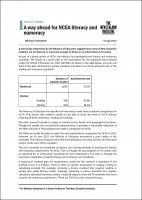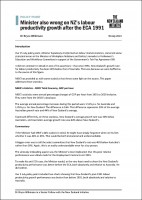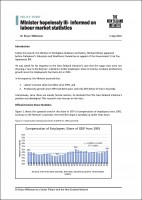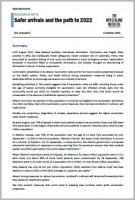
How central bank mistakes after 2019 led to inflation
A research note released today by The New Zealand Initiative mainly attributes the outbreak of inflation in many economies to central bank mistakes. Co-authored by Graeme Wheeler, former Governor of the Reserve Bank of New Zealand, and Bryce Wilkinson, Senior Research Fellow at The New Zealand Initiative, the paper argues that central banks overall: were too confident about their monetary policy framework; were too confident about their models; were too confident they could control output and employment; lost their focus on price stability and took on too many mandates; faced conflicts in some cases with conflicting ‘dual mandate’ objectives; and were distracted by extraneous political objectives, such as climate change. Read more











